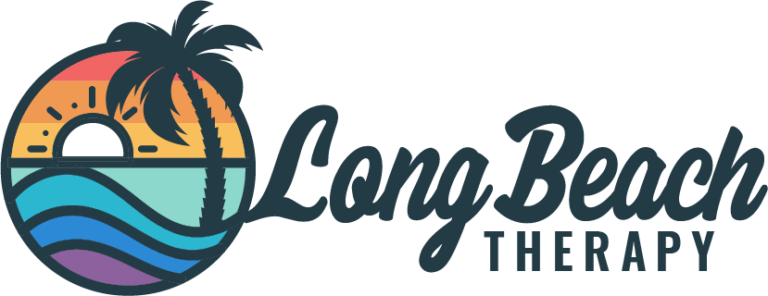Seeking therapy for a teen who is gay or lesbian
Our culture has become more accepting of a variety of sexual and romantic relationships and gender identities. However, oppression and discrimination are still widespread, and LGBTQ people are still frequently marginalized. Navigating adolescence is difficult for everyone. Add in oppression, coming out to family and friends while trying to establish a sense of self that goes against the grain of social pressures and you have a recipe for depression, anxiety, addiction, and other mental health issues for LGBTQ people.
Studies indicate that young people who identify as LGBTQ are significantly more likely to experience suicidal thoughts and to self-harm, especially if they have encountered discrimination based on their identity. A survey conducted in 2007, LGBTQ students experienced bullying and victimization in school nearly ten times as often as their heterosexual peers, and thought about suicide at a rate more than double that of their peers. Discrimination includes rejection, verbal abuse, physical bullying, and even sexual assault. Frequent discrimination increases stress levels and increases health and mental health risks associated with high stress levels. An expectation of discrimination, even when discrimination does not occur, can also increase stress levels and affect mental health.
Discrimination and its effects are not limited to young people who identify as gay, lesbian, bisexual, or transgender. Adults who are part of the community also deal with discrimination in housing, employment, education and in other areas, as well as harassment and even, in some cases, assault.
Of course, LGBTQ individuals also experience many of the same issues that prompt many straight people to seek therapy, such as money, relationships, intimacy, mood swings, employment or education concerns, and more.
If you live in California and are looking for a LGBTQ therapist for your child/teen, please give us a call at Long Beach Therapy: 562-310-9741.
